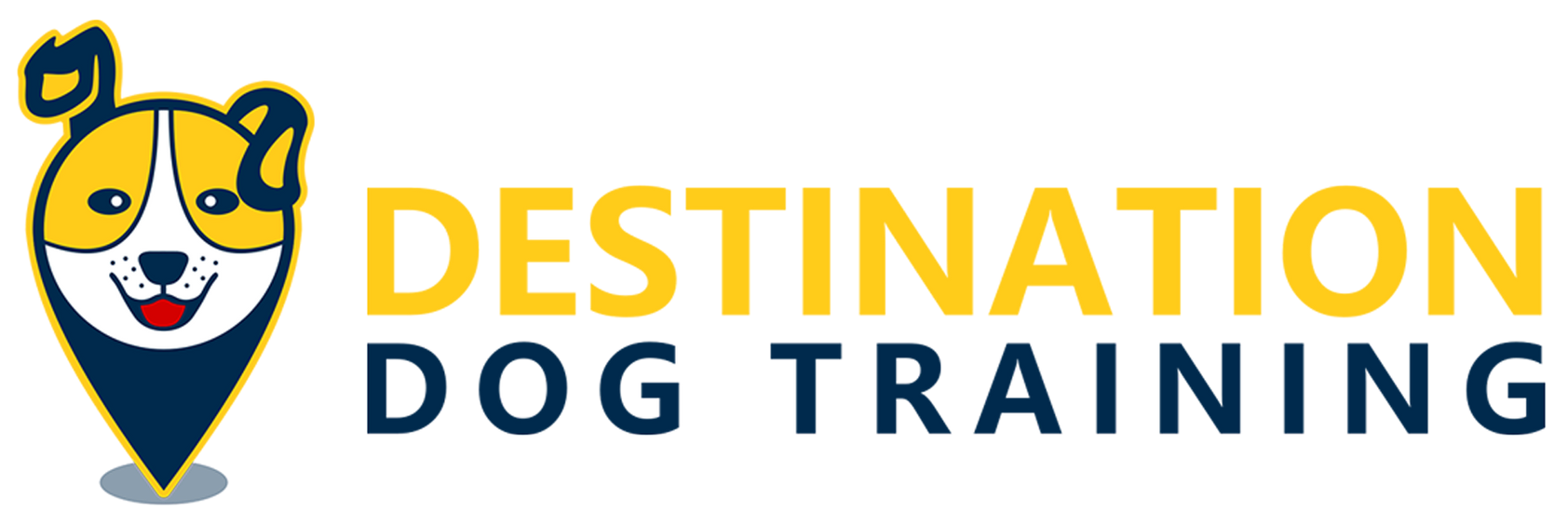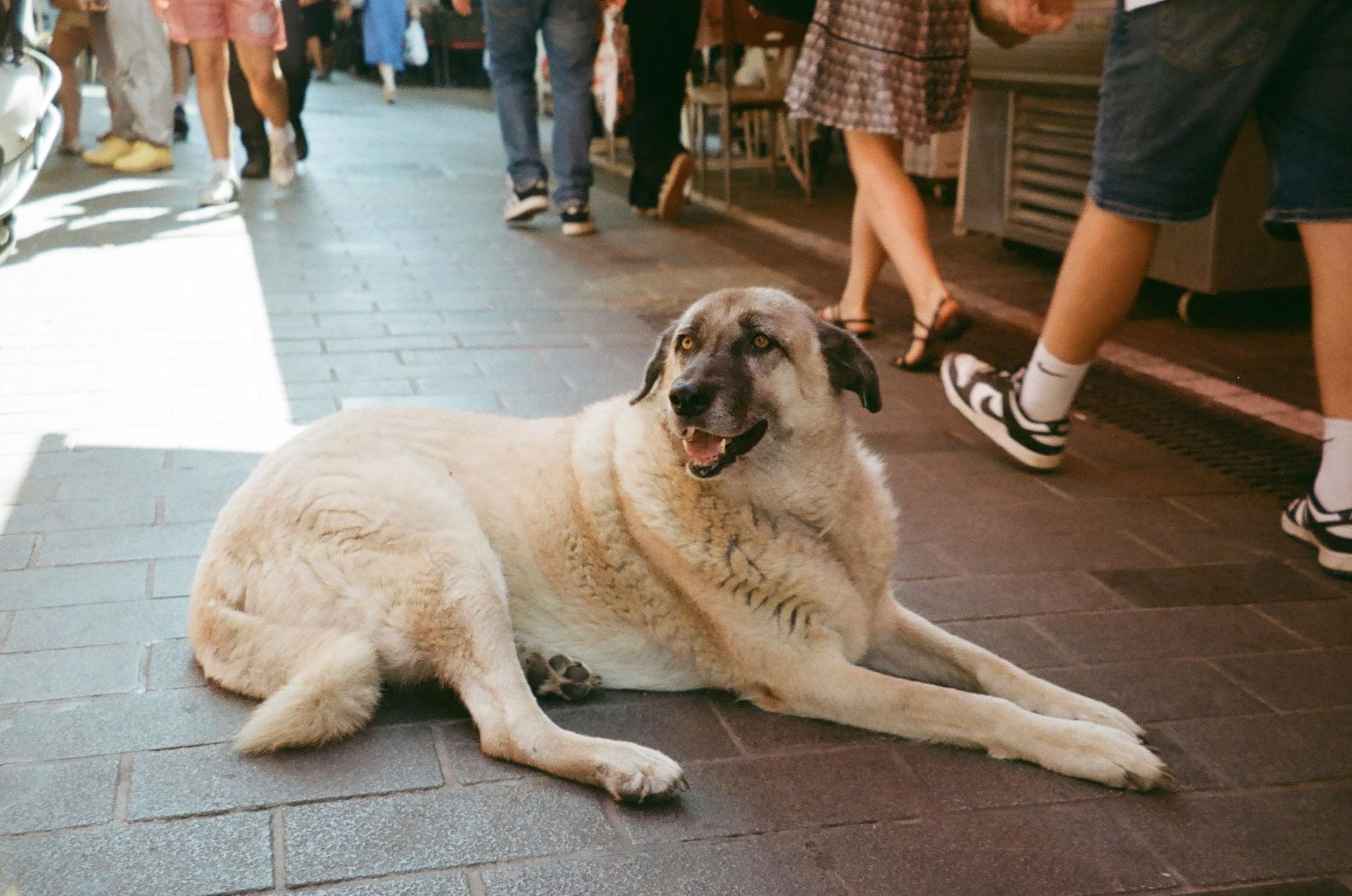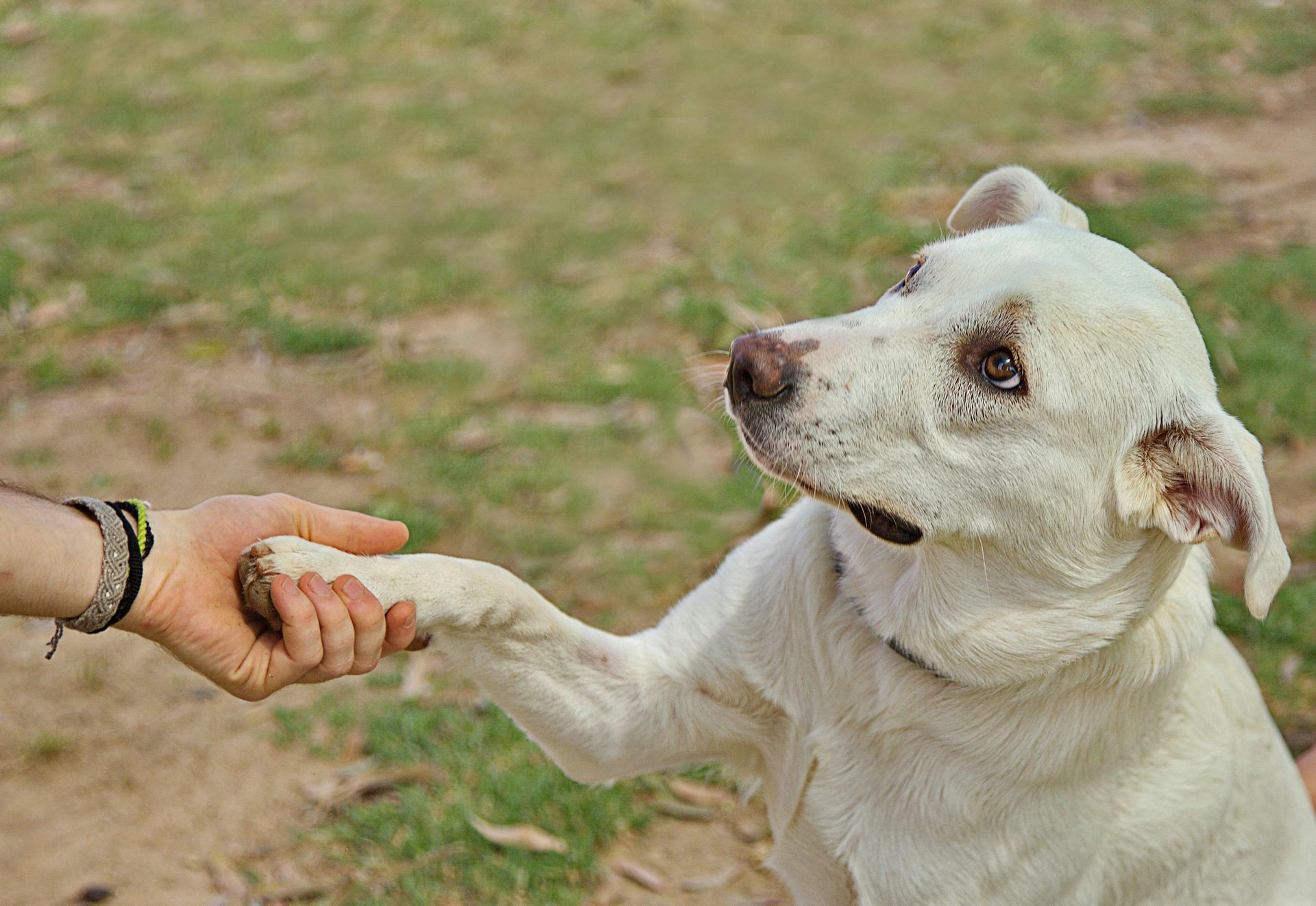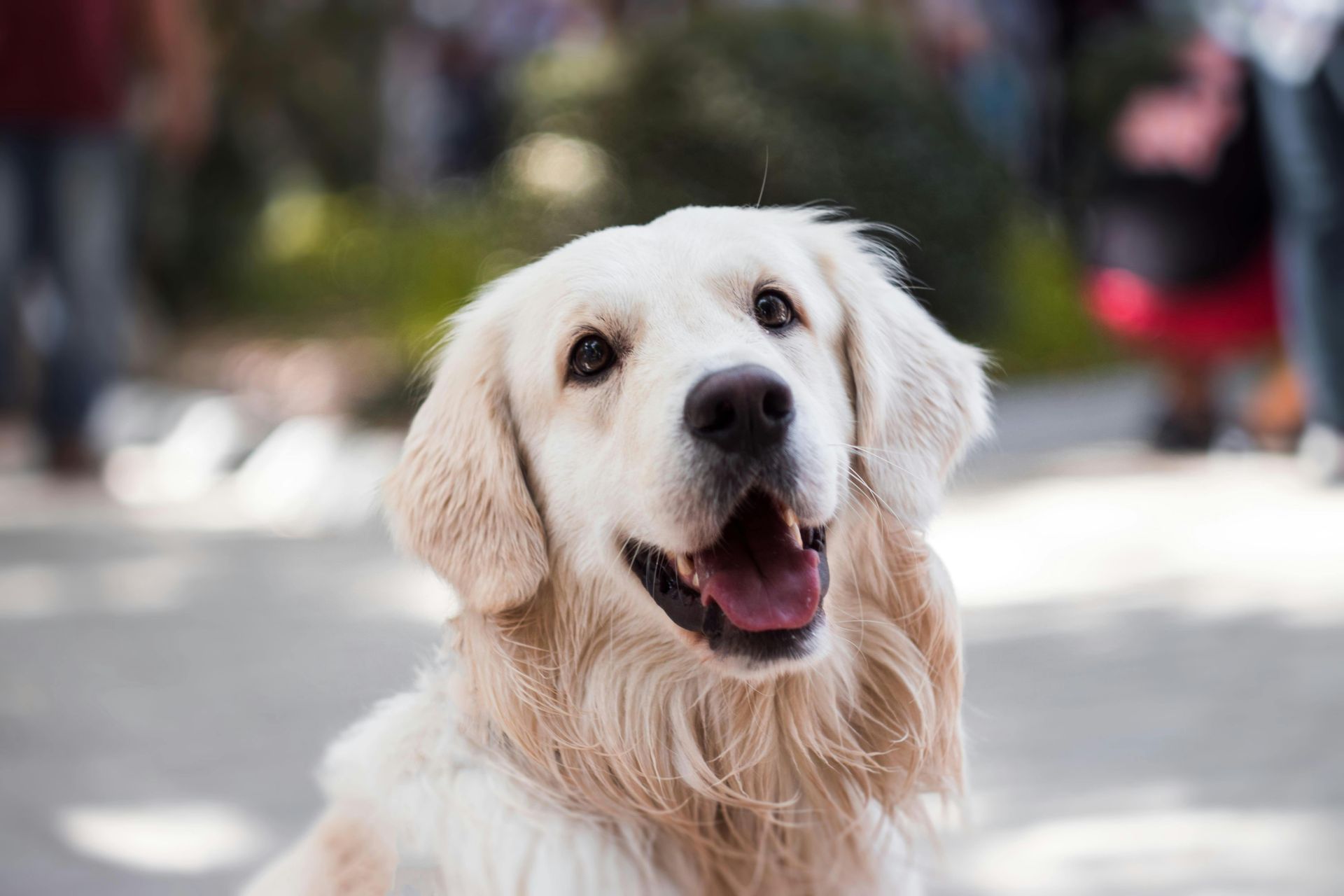Why Play Is Essential for Your Dog’s Learning
Turning Playtime Into Training Success
When people think about dog training, they often imagine structured lessons focused on commands and obedience. But one of the most effective and enjoyable tools for teaching your dog is something much simpler—play. At Destination Dog Training, we believe play isn’t just for fun; it’s an essential part of helping your dog learn, grow, and thrive.
Why Play Matters in Training
Play naturally engages your dog’s mind and body, making it the perfect environment for learning. Games like fetch, tug-of-war, and hide-and-seek tap into your dog’s instincts while also reinforcing key skills like impulse control, recall, and focus.
- Builds Motivation:
Dogs are more eager to participate when they’re rewarded with fun. Using play as a reward creates positive associations with training tasks.
- Reinforces Obedience:
Simple games can be tied to commands like “drop it,” “leave it,” or “come,” turning playtime into a powerful tool.
- Strengthens the Bond: Shared play deepens trust and communication, reminding your dog that training is about partnership, not just rules.
Types of Play That Teach
Not all play looks the same, and tailoring games to your dog’s energy and personality ensures success:
- Fetch:
Great for teaching recall and patience while waiting for the next throw.
- Tug-of-War:
Builds impulse control and teaches your dog to respond to cues like “drop.”
- Puzzle Games: Mental play challenges your dog to problem-solve, keeping their mind sharp and engaged.
The Right Balance of Fun and Structure
While play is a valuable tool, it’s most effective when paired with structure. Clear boundaries ensure games remain safe, controlled, and productive. For example, ending a tug-of-war game when your dog listens to “drop it” reinforces obedience while keeping things enjoyable.
Why We Include Play in Our Programs
At Destination Dog Training, play is built into every Staycation Program. Whether we’re working with a high-energy puppy or a more reserved adult dog, incorporating fun keeps training engaging and effective. We’ve seen firsthand how dogs that learn through play are more confident, adaptable, and better behaved in everyday life.
Training doesn’t always have to feel like “work.” With the right approach, play becomes both a reward and a powerful teaching tool, creating happy dogs and satisfied owners.




